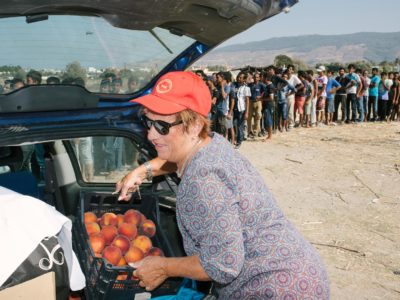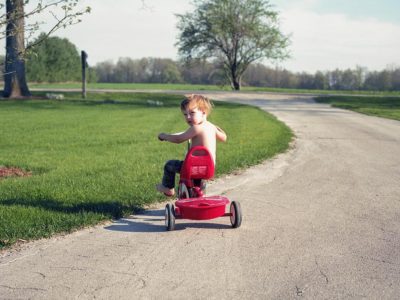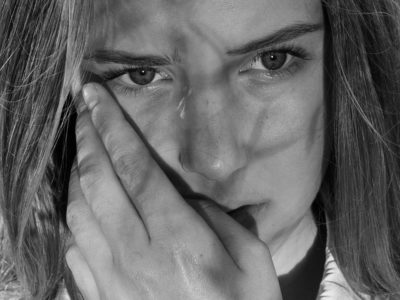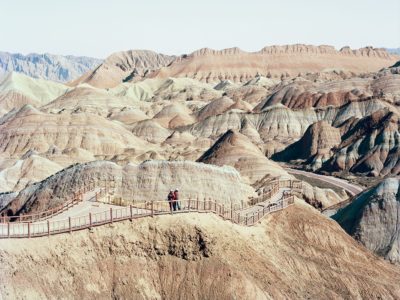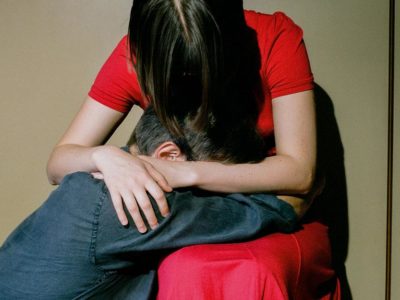Anthropocene — Nicolas Guiraud Probes the Effects of Human Activity on Our Environment
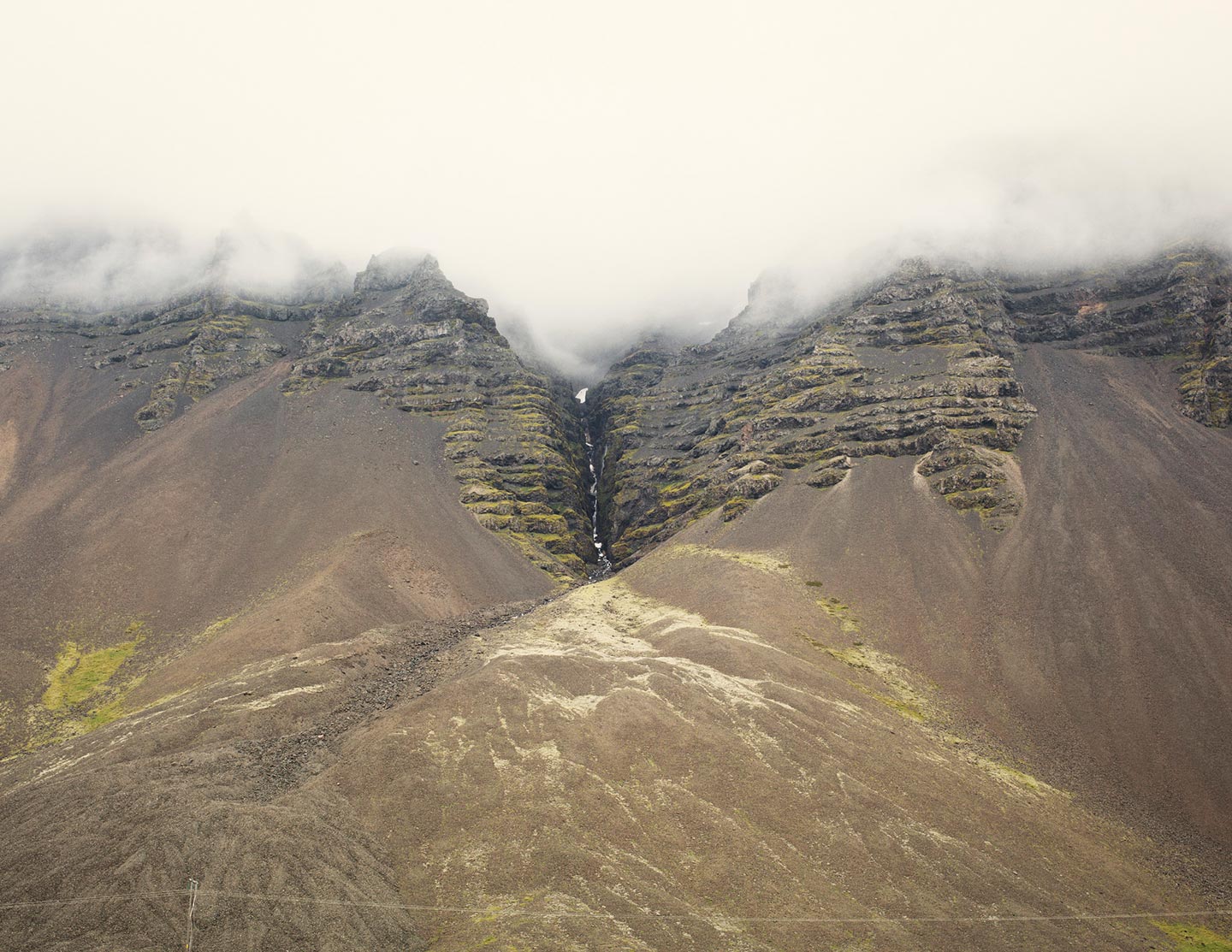
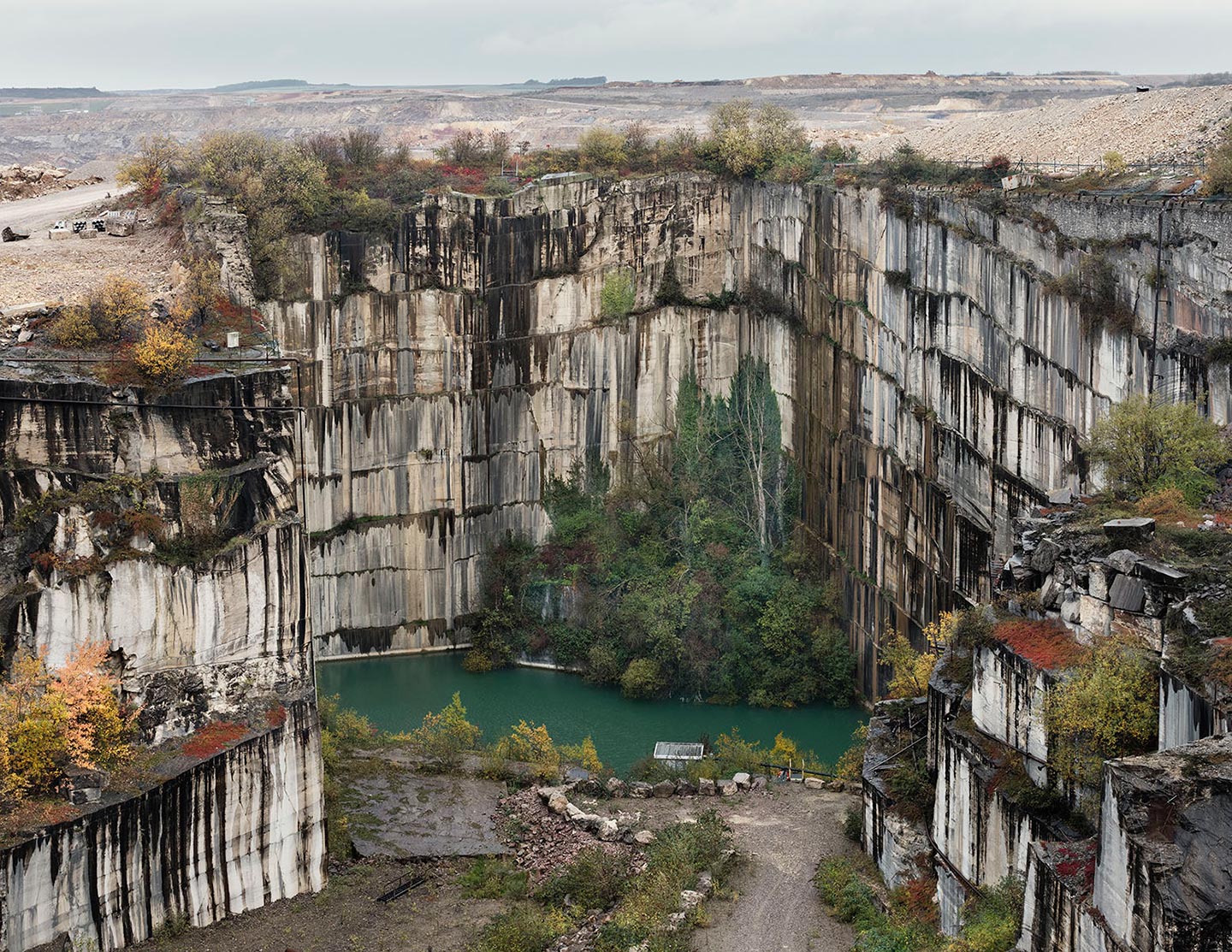
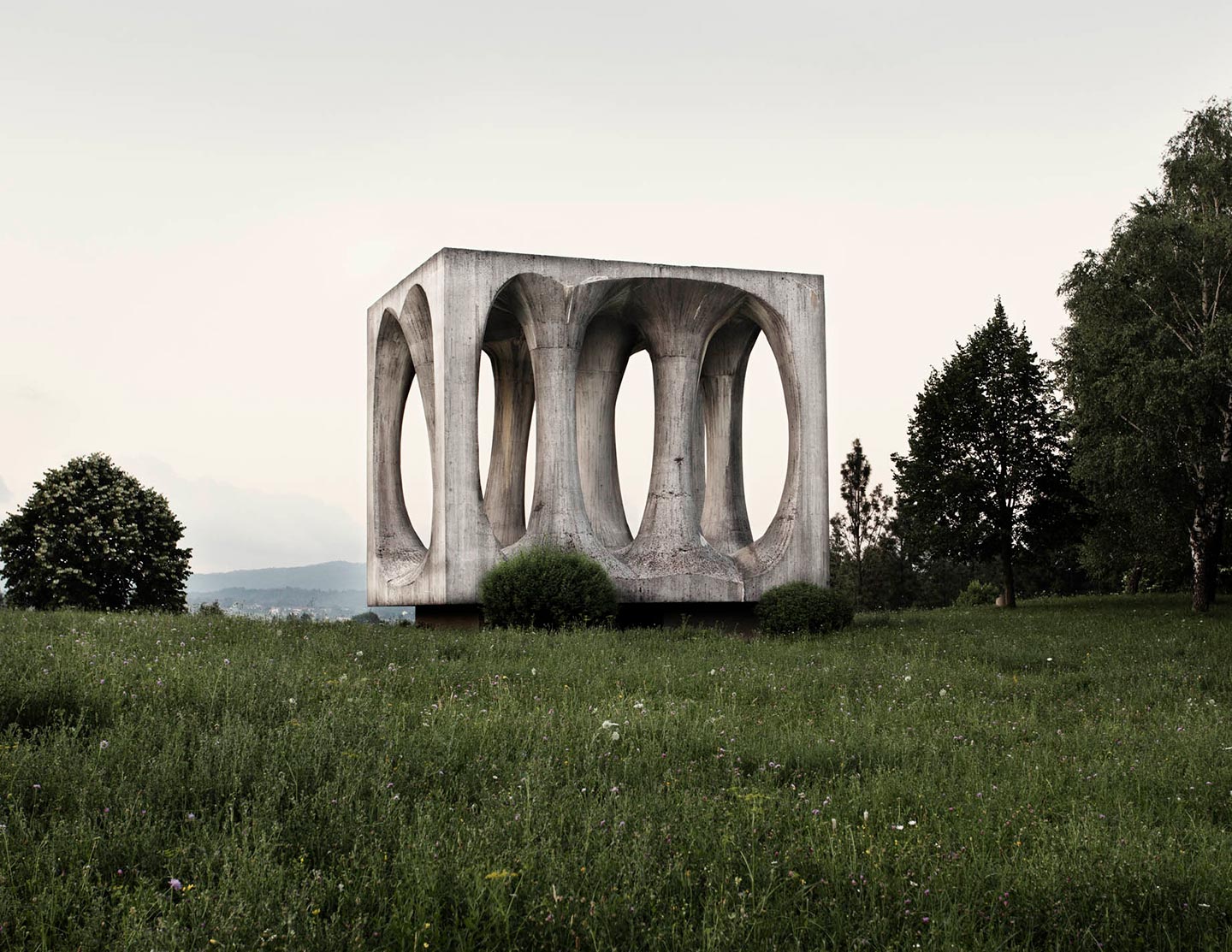
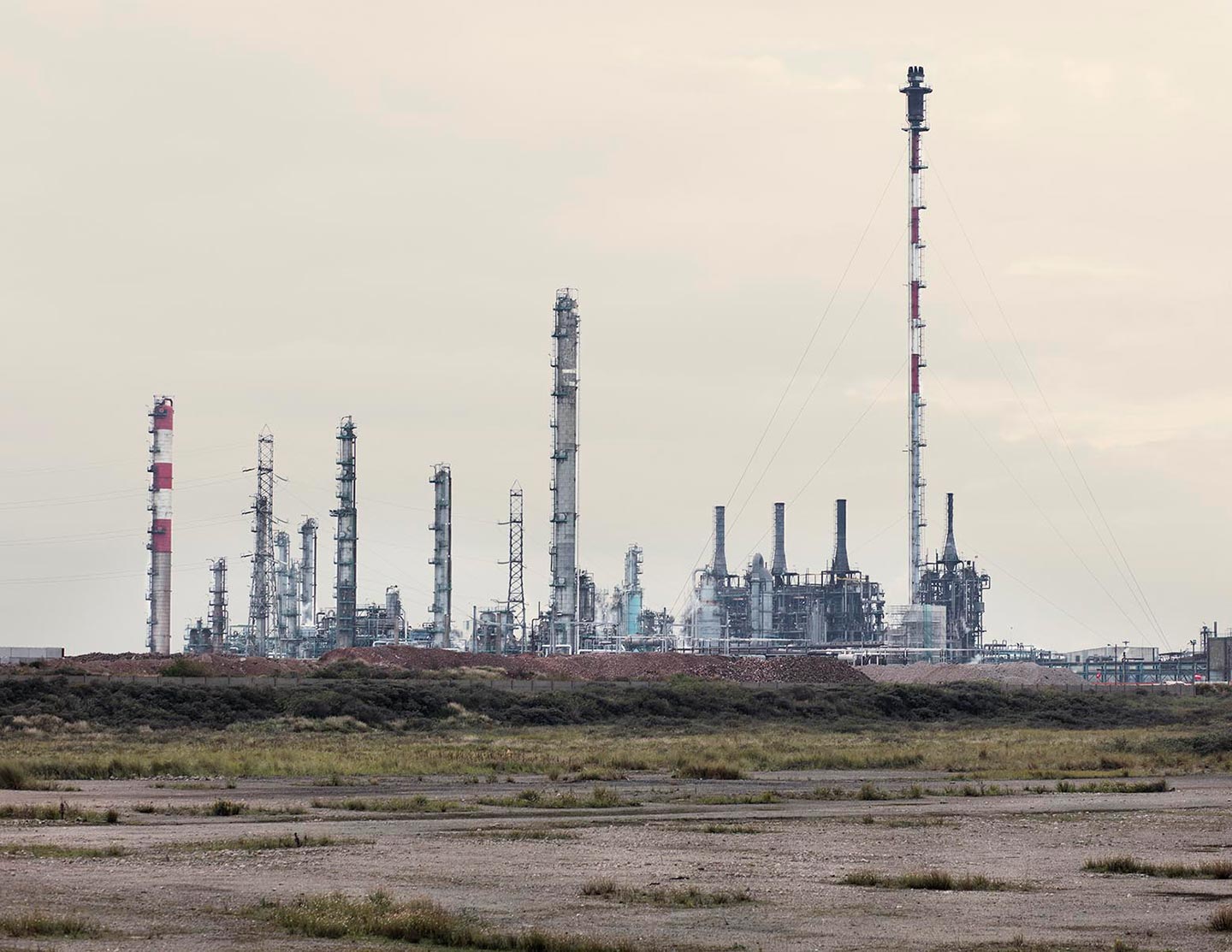
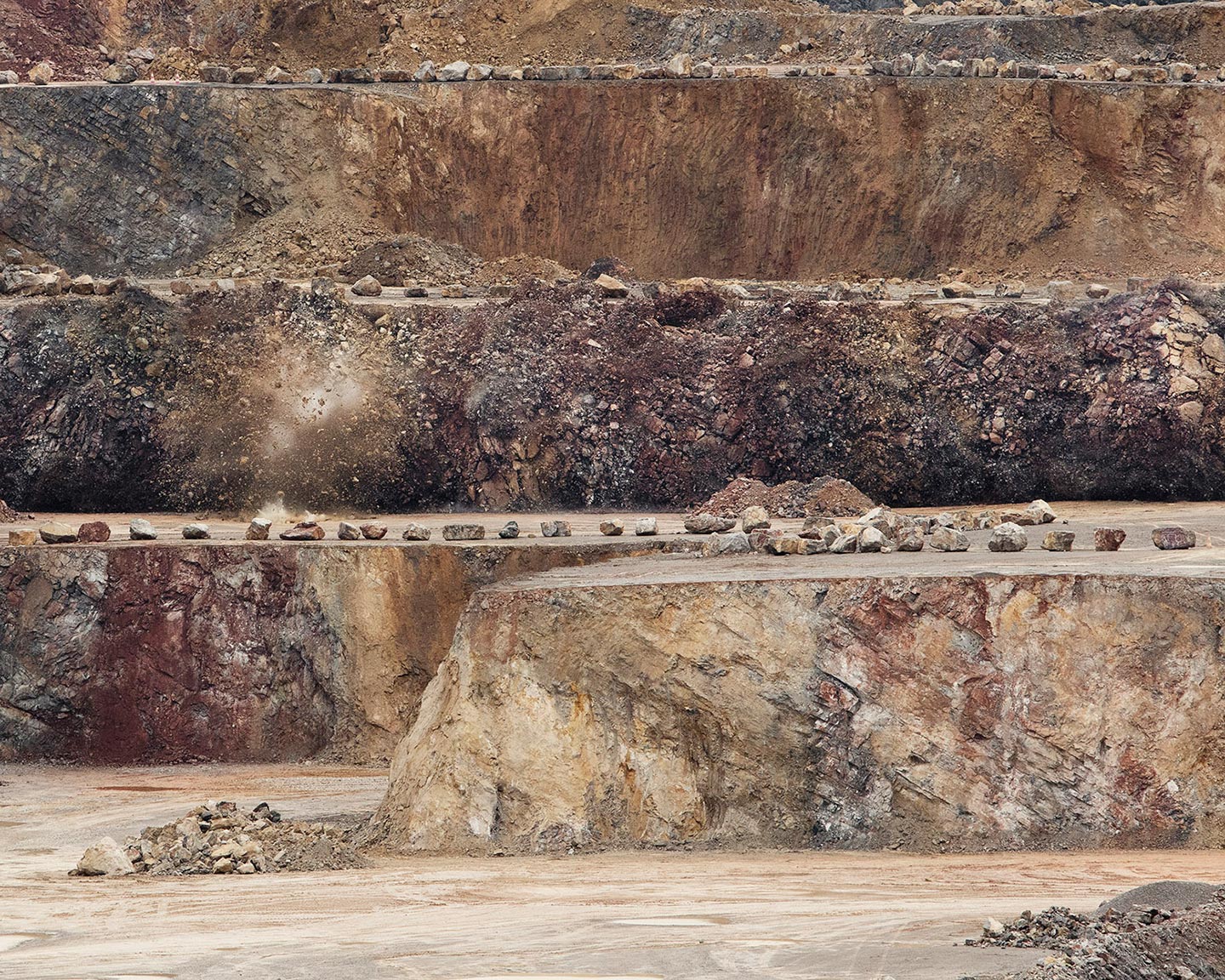
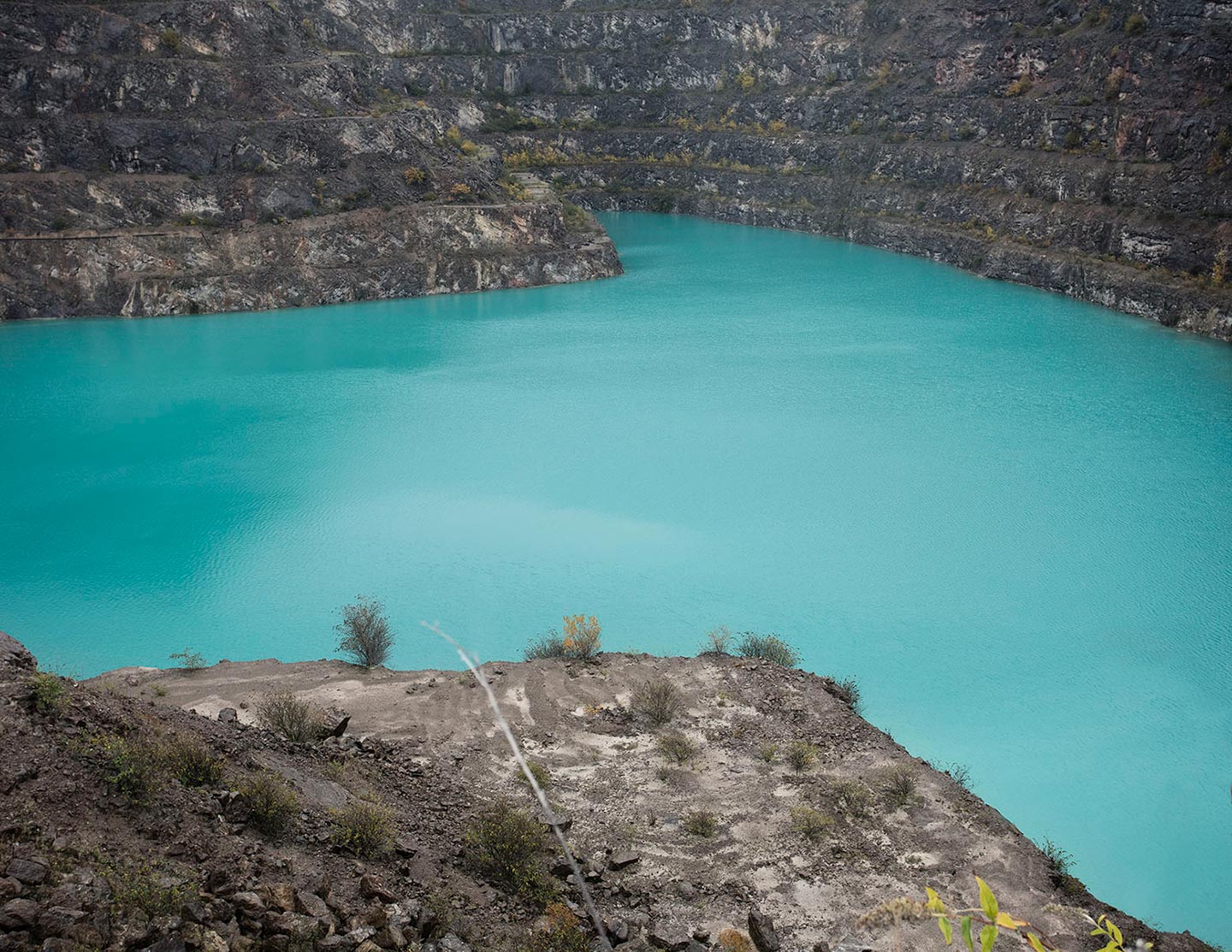
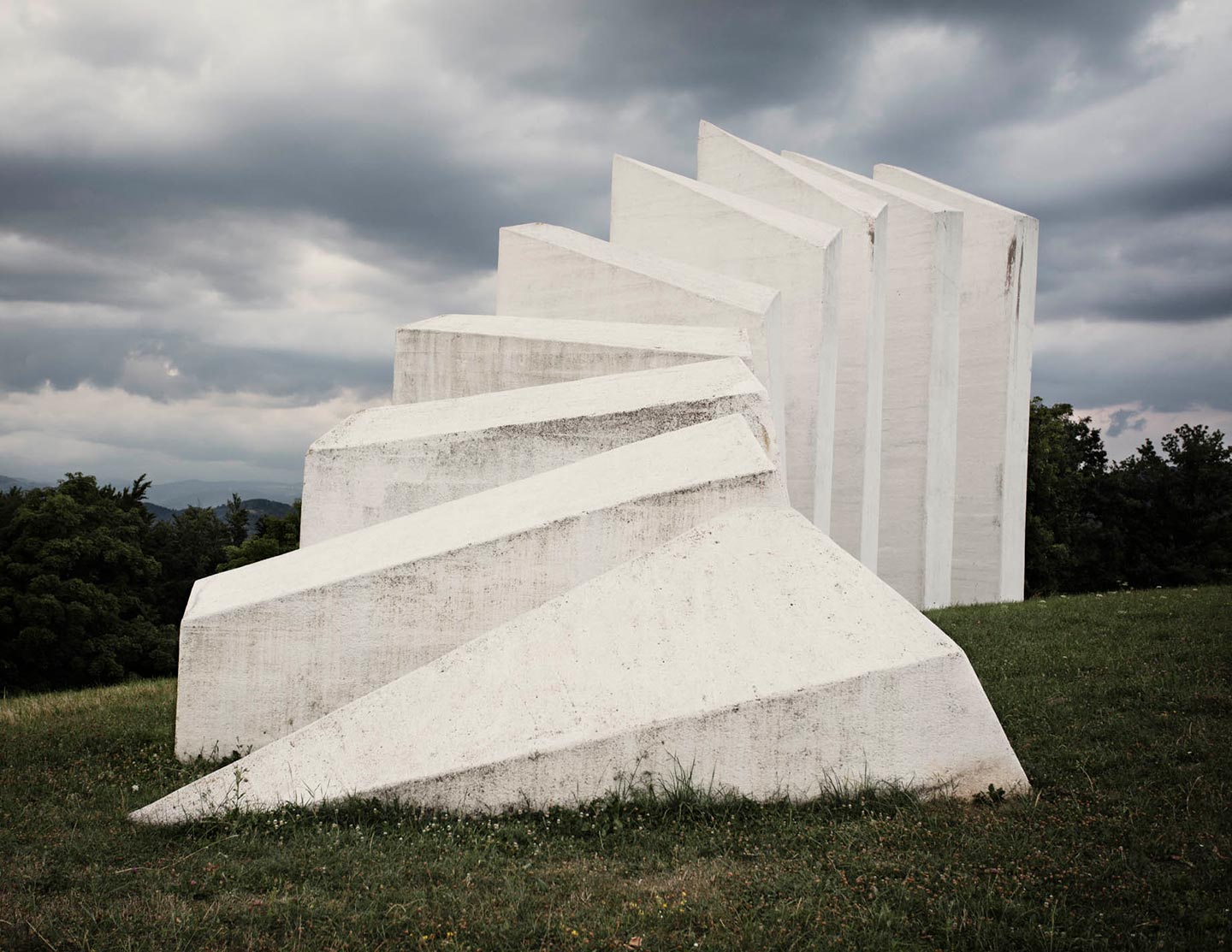
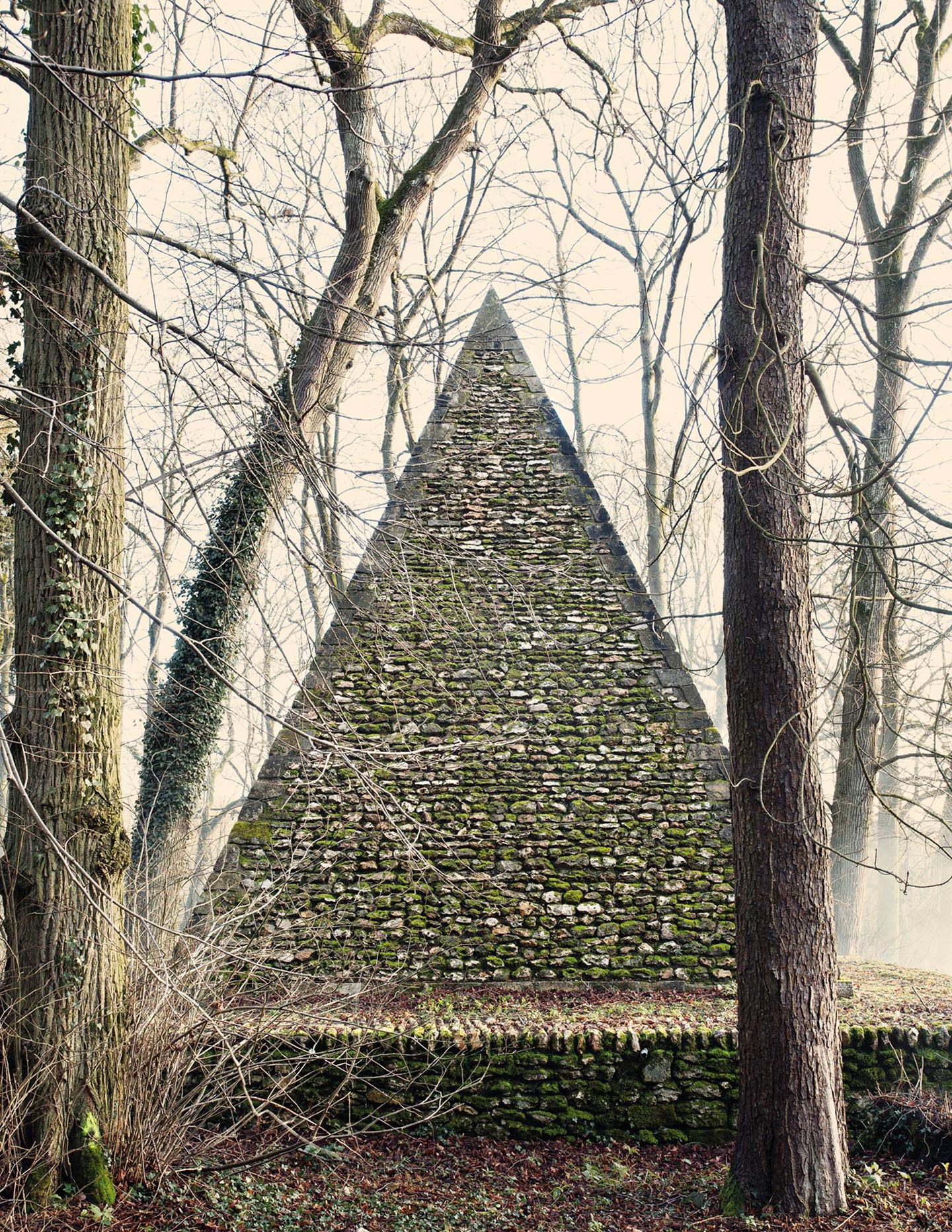
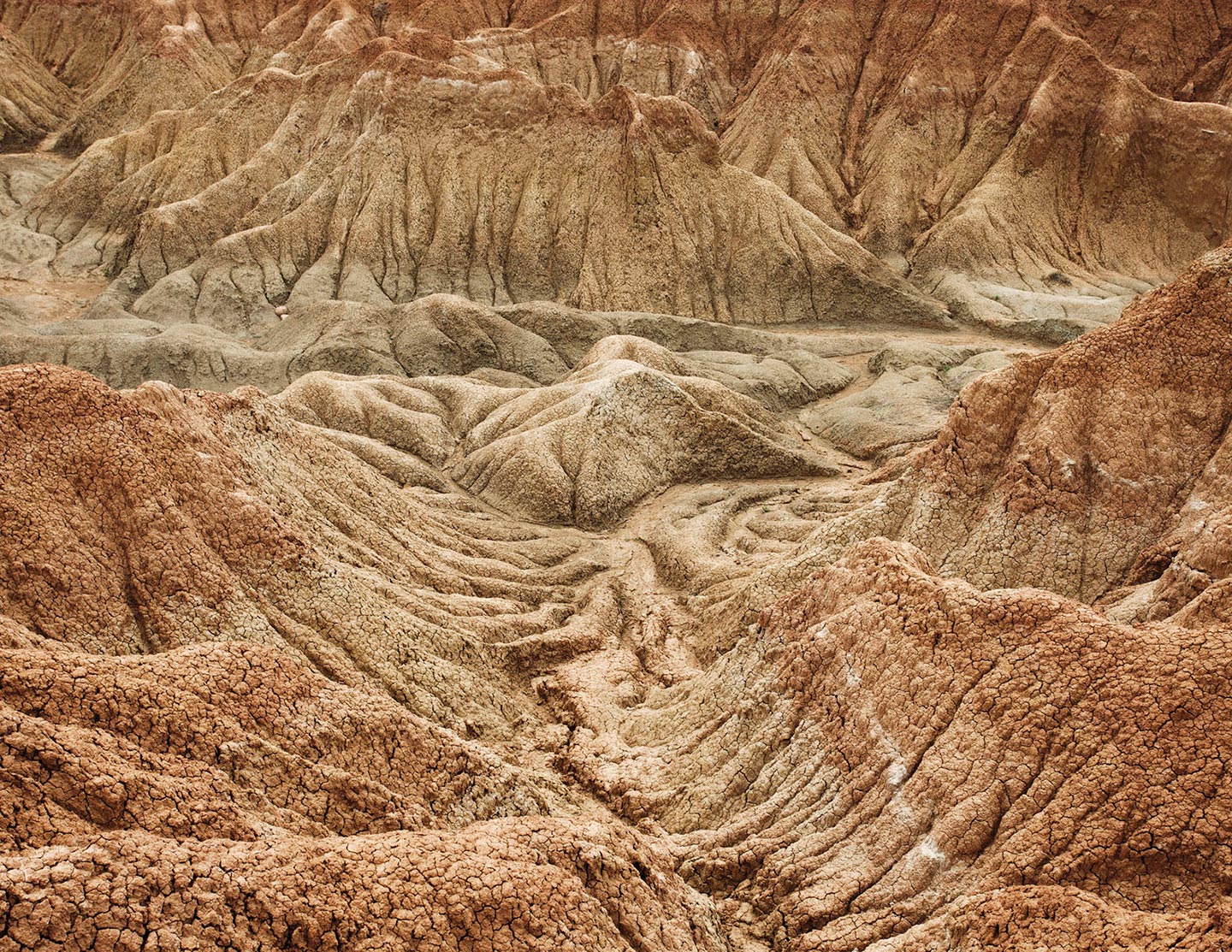
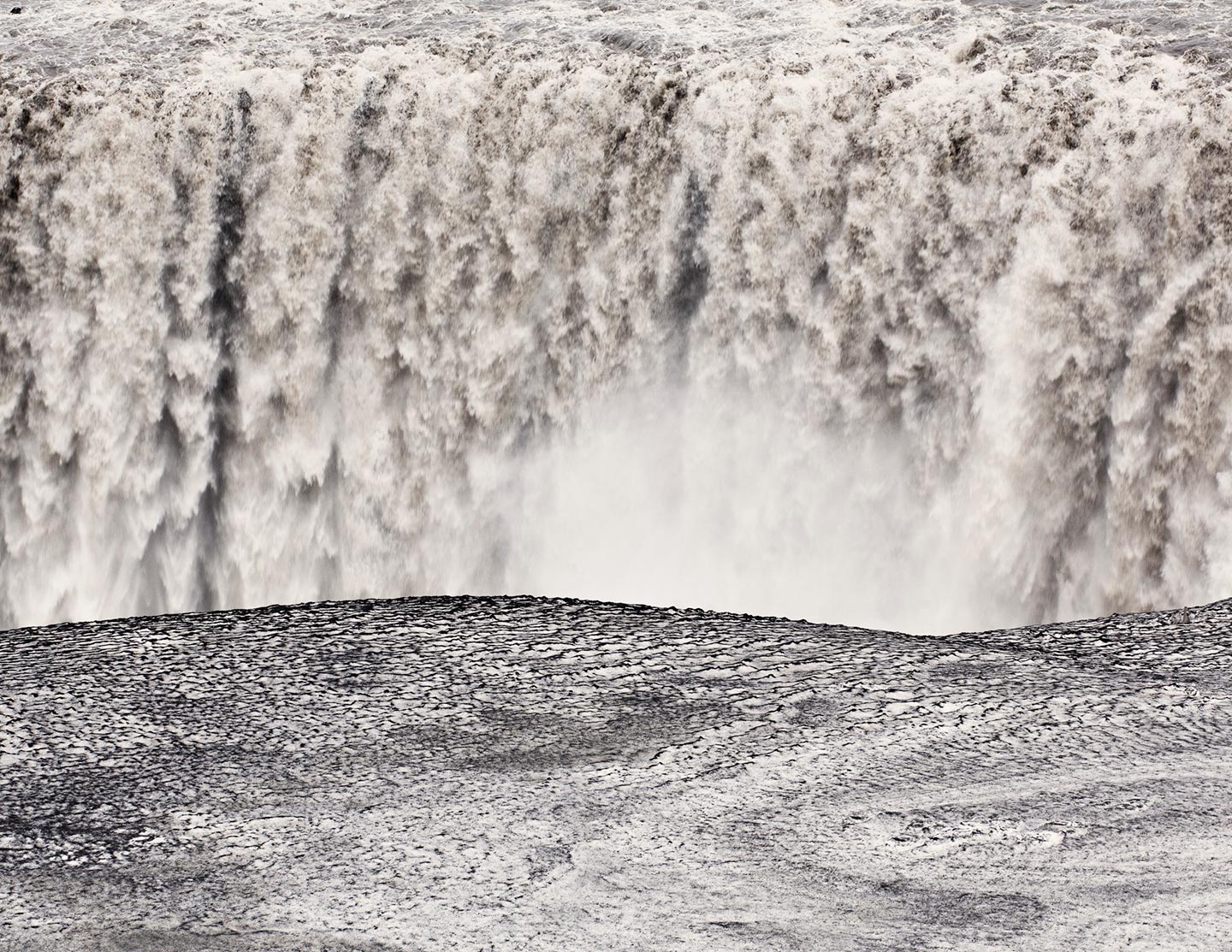
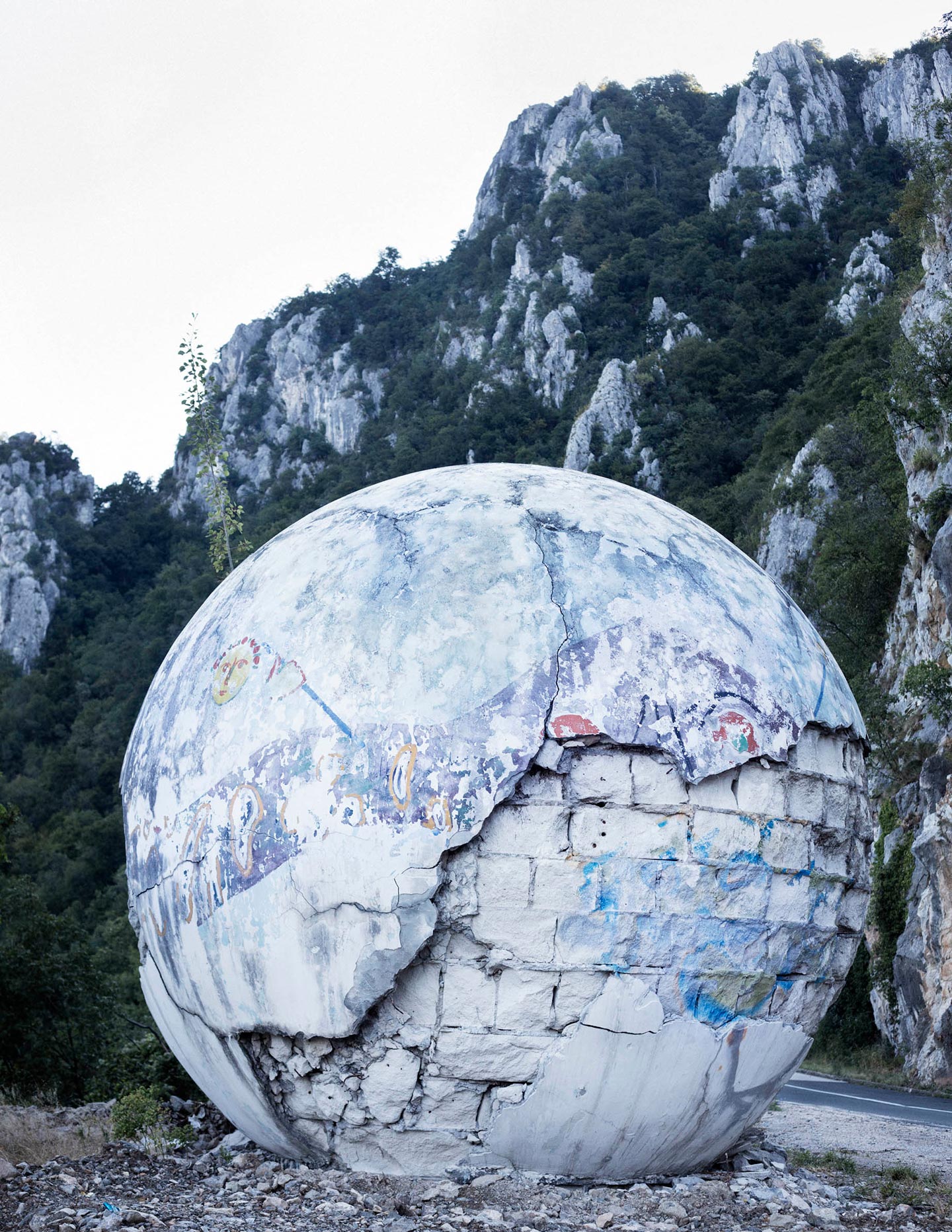
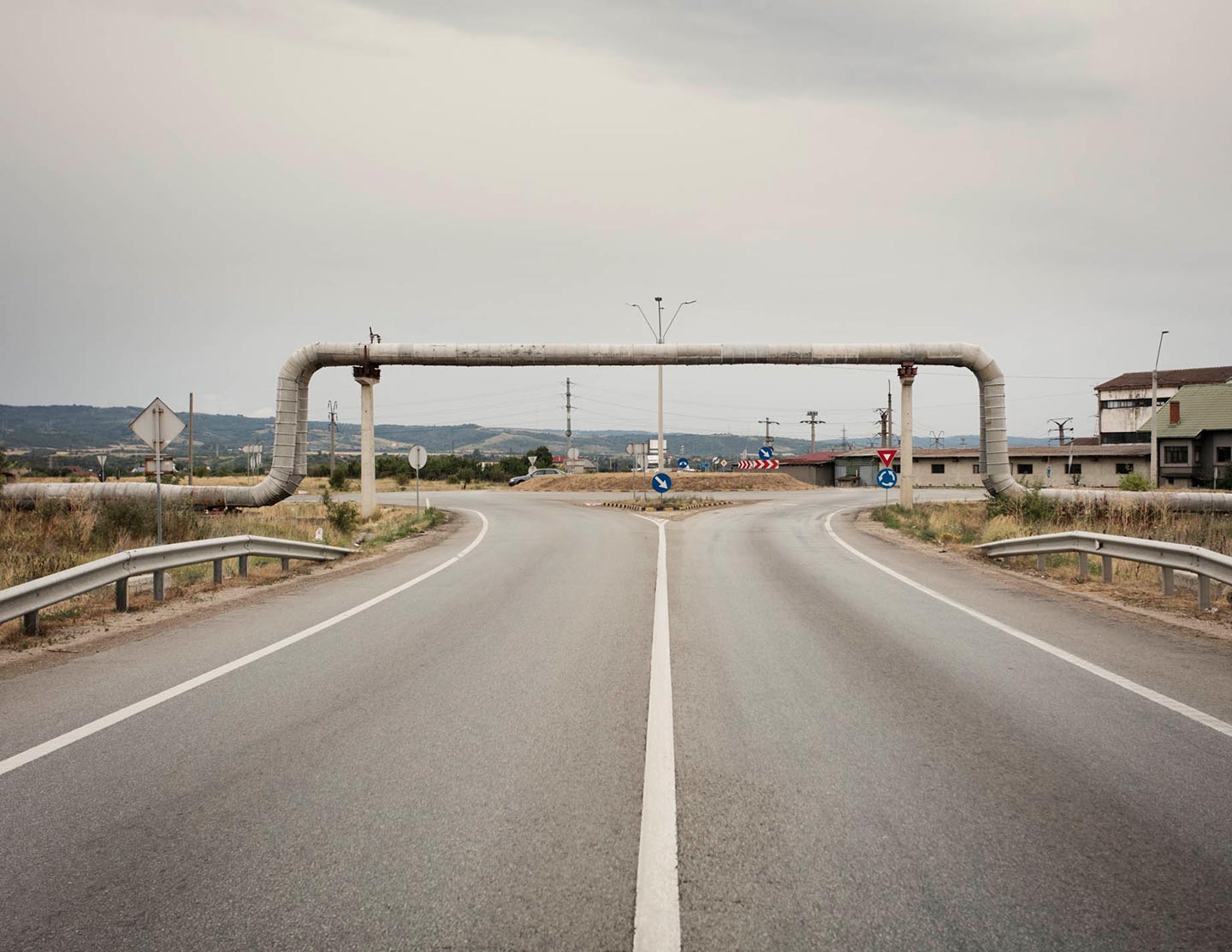
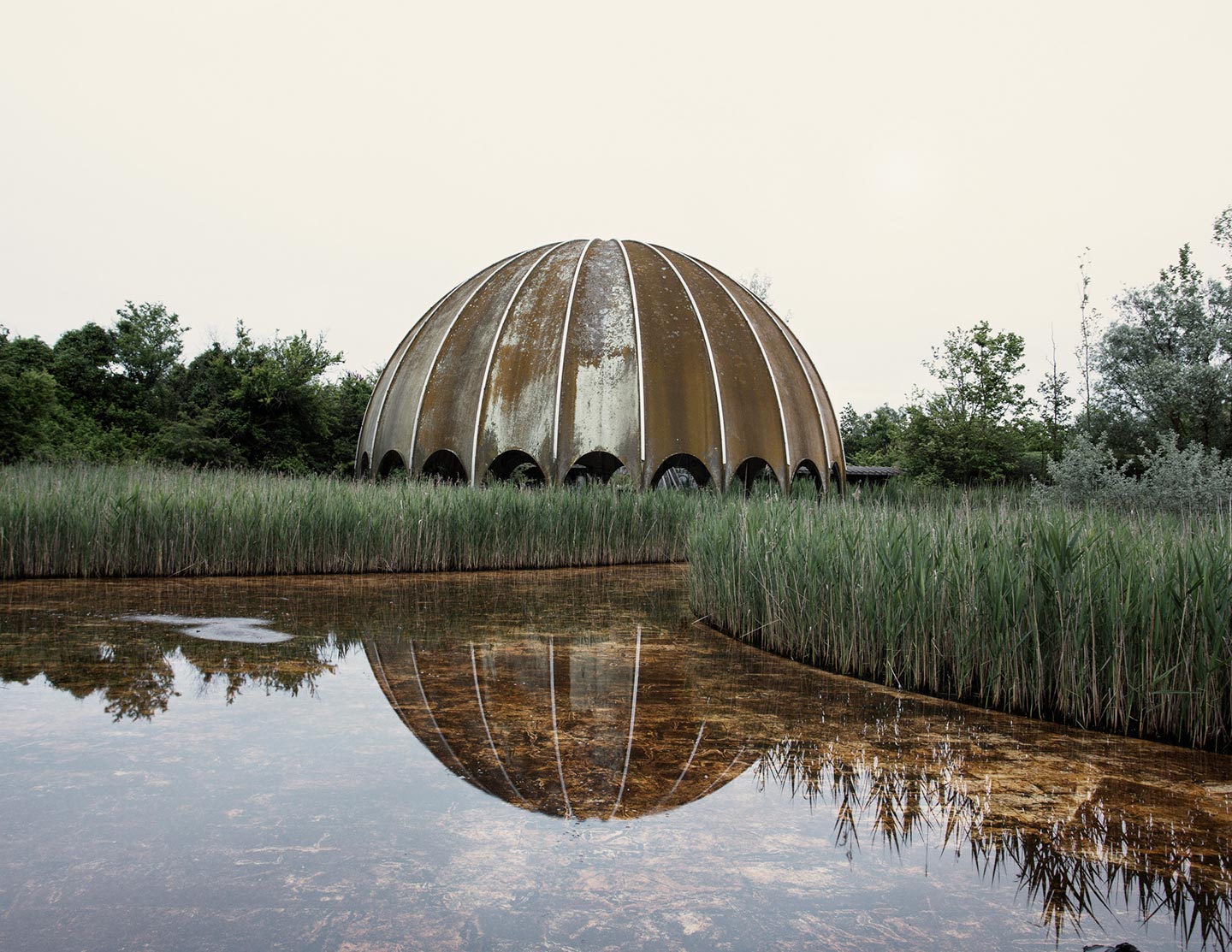
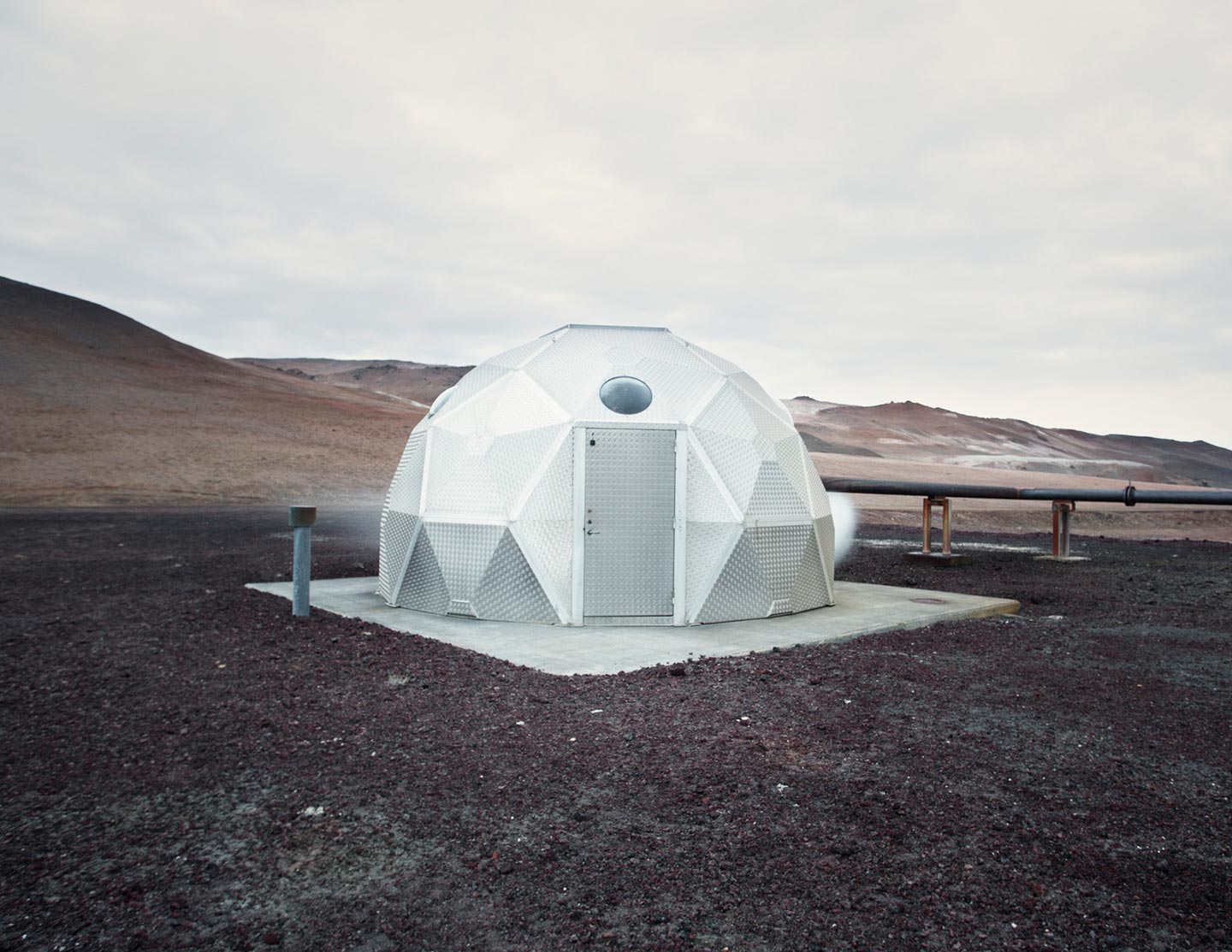
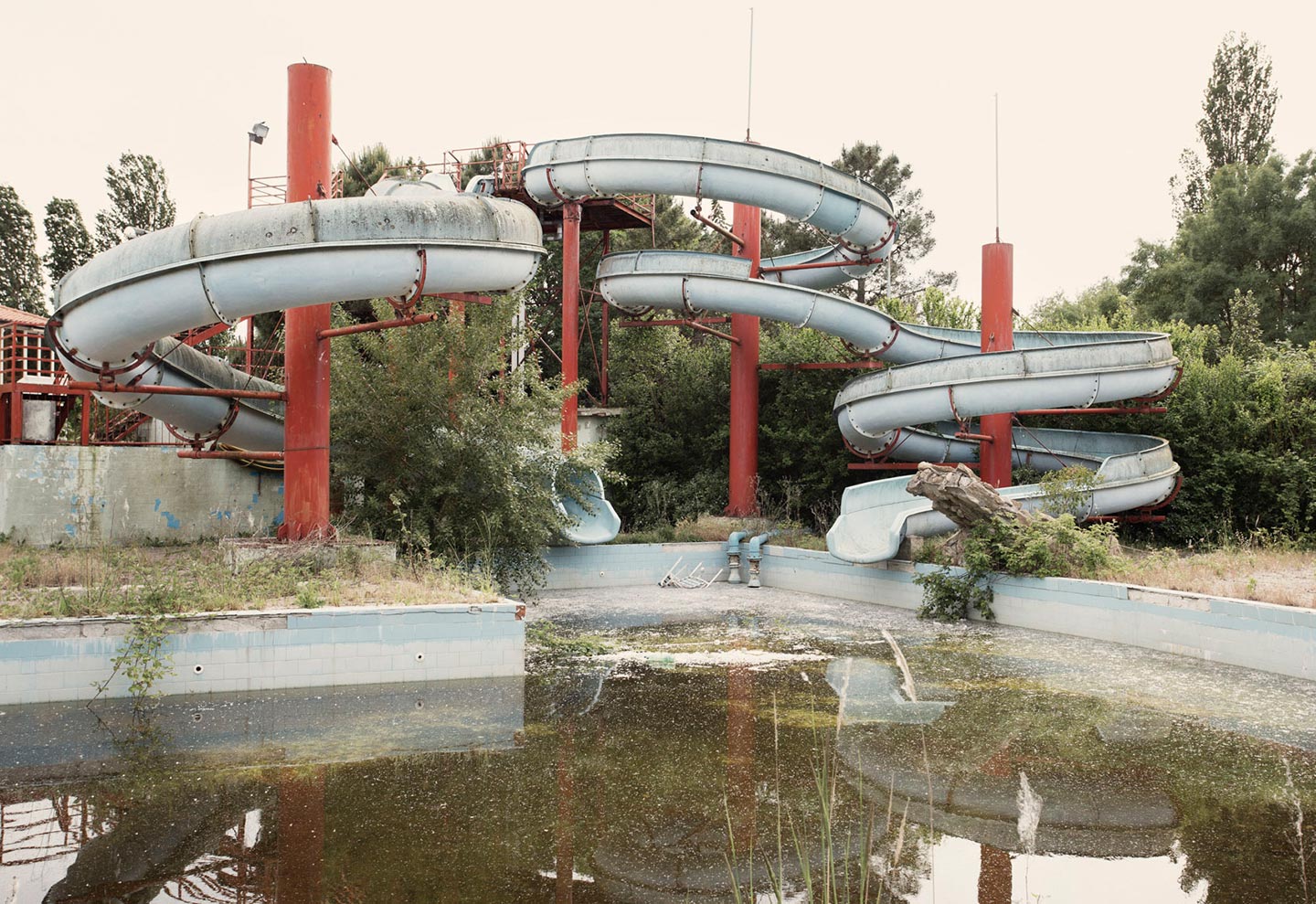
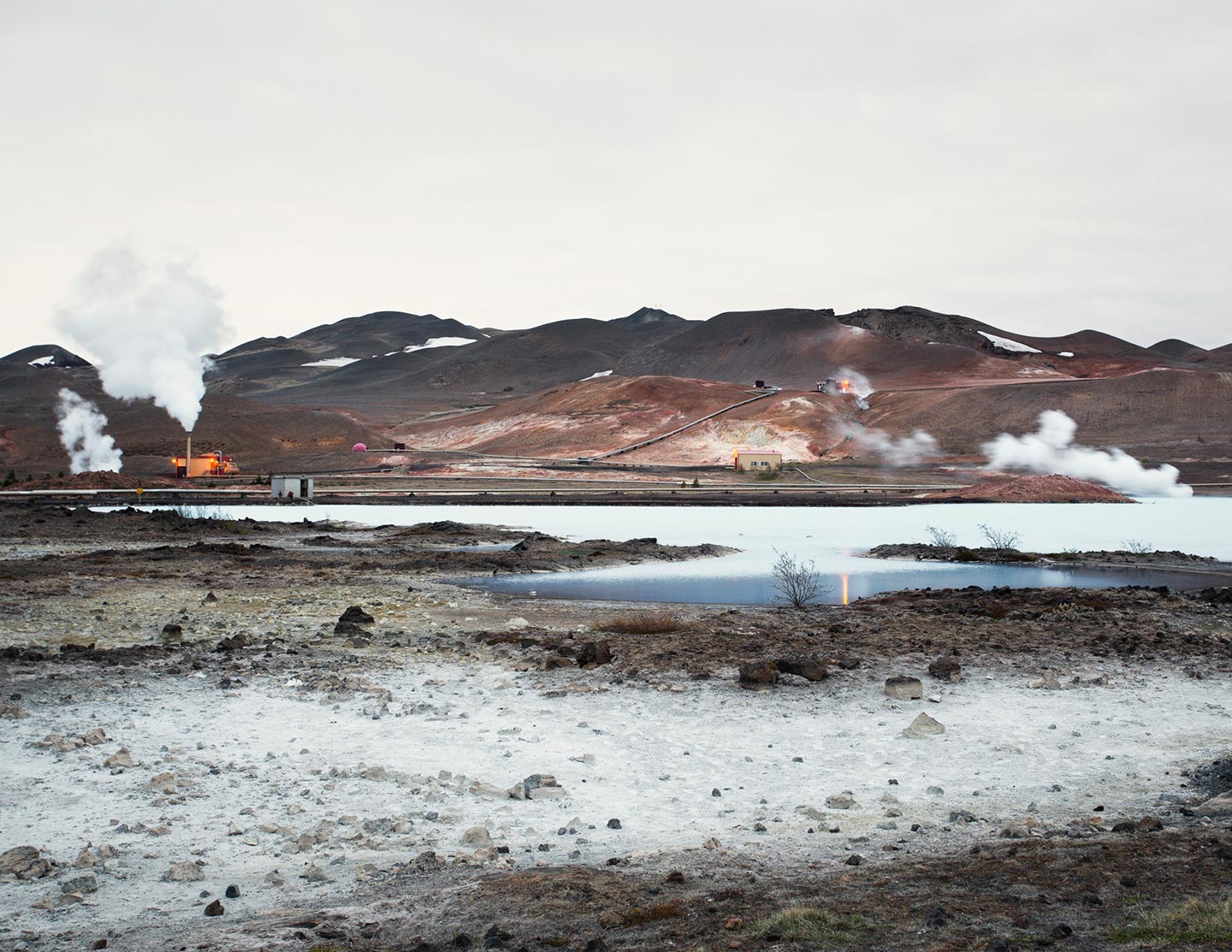
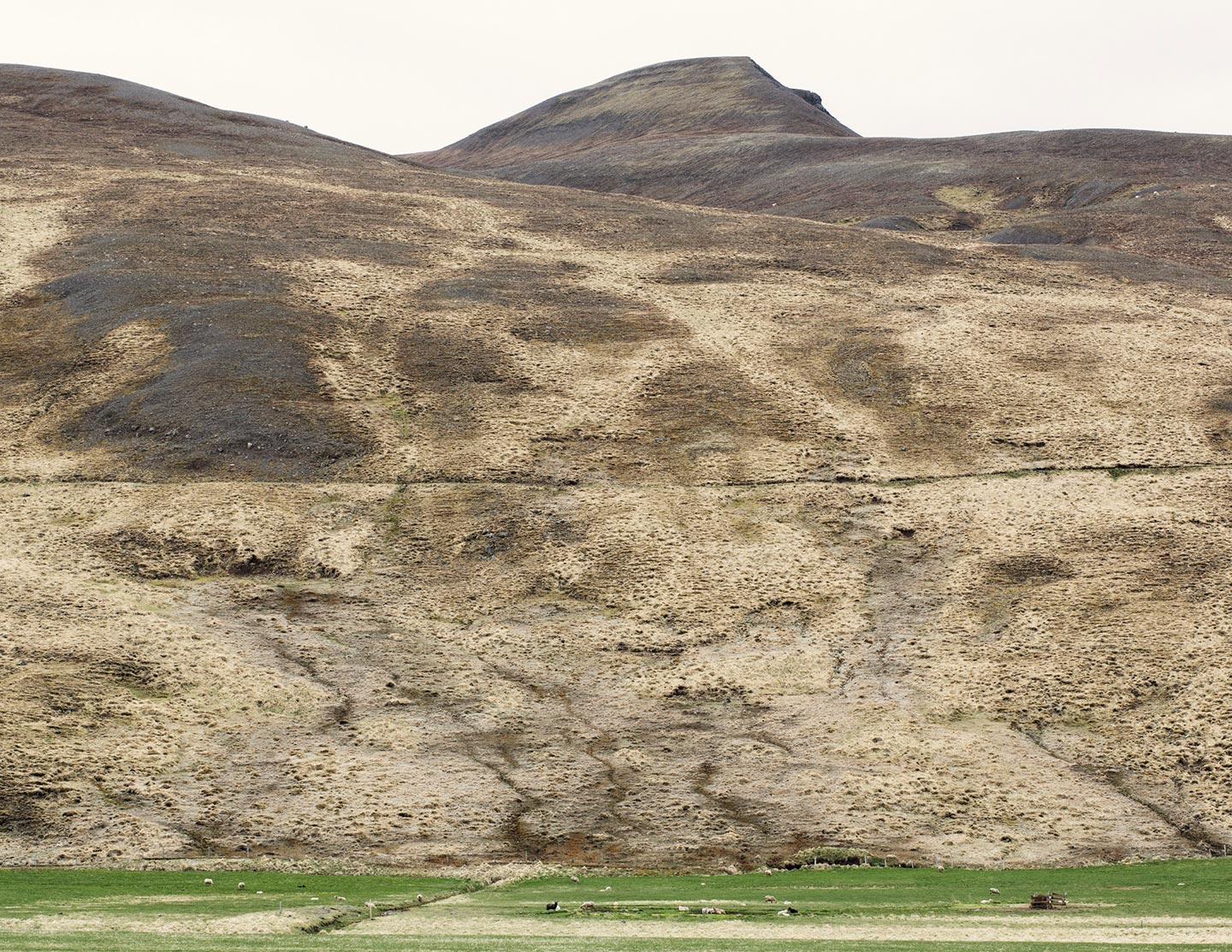
Nicolas Guiraud is one of the talented photographers who have exhibited their work at gallery Espace Jörg Brockmann, the juror of the current #FotoRoomOPEN edition (submit your work before next 15 May 2019 for a chance to have a solo exhibition at the gallery!).
The term anthropocene was popularized in the last few decades as a definition of the current era, a time in which human intervention (anthropos means ‘man’ in Greek) is having a profound impact on the environment we live in. Anthropocene by 48 year-old French photographer Nicolas Guiraud is a series of landscape photographs shot all over the world that explore the effects of these interventions.
“I have always been interested in the idea of anti-nature as proposed by French philosopher Clément Rosset in his book L’anti-nature” Nicolas explains. “It might sound paradoxical but the idea of pure nature is slightly unrealistic to me, therefore I am attracted to images—whether they’re portraits, landscapes or architecture photographs—that reveal the very fluid transition between what’s natural and what’s artificial.”
Besides the afore-mentioned book by Clément Rosset, Nicolas was inspired by land artists such as Walter de Maria, Robert Smithson and Richard Long. Some of his favorite contemporary photographers are Alec Soth, Philip-Lorca diCorcia, Jeff Wall and Joel Sternfeld. The last photobook he bought was The Frenchman by Philippe Halsman.
Nicolas’ #threewordsforphotography are:
Frontier. Artifice. Encounter.
Keep looking...
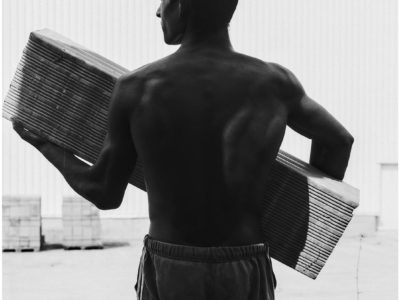
On Bricks and Humans — Why the Invention of the Brick Was One of the Most Crucial for the Mankind
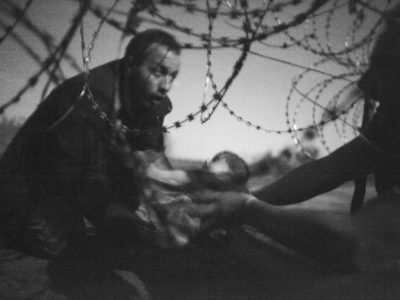
FotoWeb – This Week’s 10 Best Photography Links

You Are Alive Right This Very Second

Jessica Backhaus Searches For Her Roots in the Objects of Her Childhood
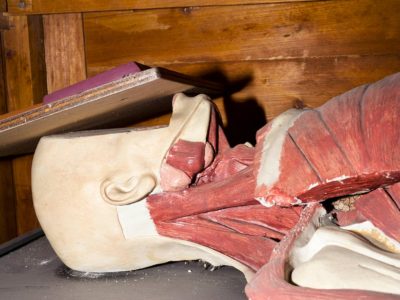
Massimo Mastrorillo Transforms the Rubble Left by an Earthquake into Near Abstract Photographs
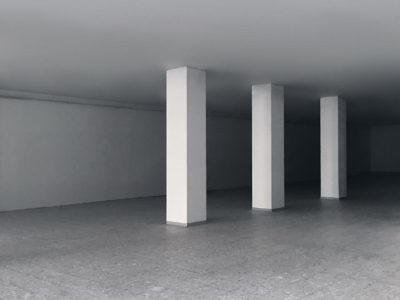
Ten Best #FotoMobile Submissions Vol. 29
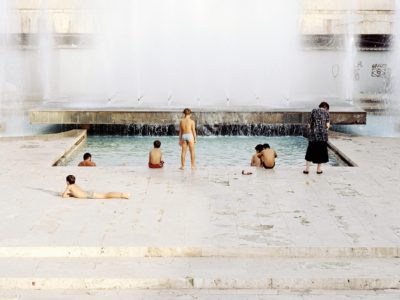
Brilliant Photographs of Armenia Capture the Country’s State of Transition
